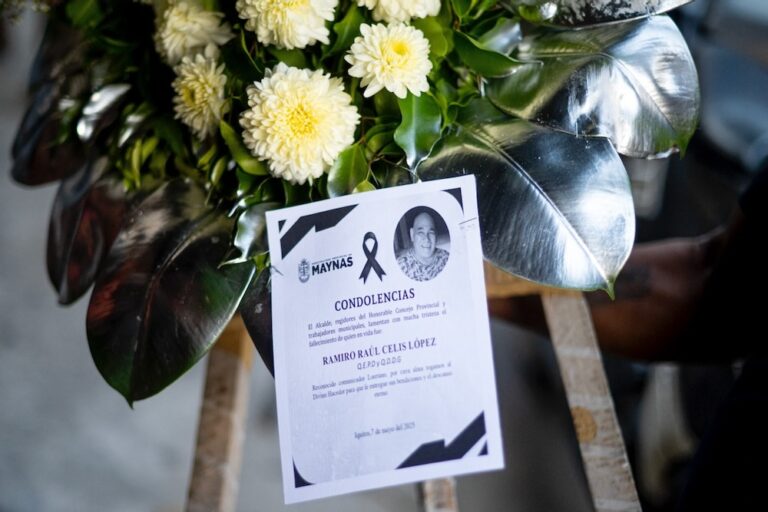According to Human Rights Watch, the vague terms in a bill to outlaw terrorism denial “would threaten free speech and impose a chilling effect on legitimate expression, such as criticizing a judicial ruling about terrorist acts or publishing an interview with a person convicted of terrorism.”
The Peruvian Congress should reject a legislative proposal that includes overly broad language to criminalize the denial of terrorist crimes, says Human Rights Watch.
President Ollanta Humala proposed the bill in August 2012. In December, two Congressional commissions – Justice and Human Rights, and Constitution and Rules of Procedure – adopted a modified version, which is pending before Congress. The version before Congress would increase the criminal penalties Humala proposed while somewhat limiting the scope of the charges.
“Objectionable speech is best met with contrary speech, not censorship,” said José Miguel Vivanco, Americas director at Human Rights Watch. “The vague terms in this law would threaten free speech and impose a chilling effect on legitimate expression, such as criticizing a judicial ruling about terrorist acts or publishing an interview with a person convicted of terrorism.”
Humala’s version would have created a new article 316-A of the Criminal Code, which would have imposed criminal penalties of four to eight years in prison for “publicly expressing approval for, justifying, denying or minimizing” terrorist crimes that are provided for in Peruvian law, and established as having occurred by way of a judicial ruling, if the expressions “despise, generate hostility toward, or seriously offend a group in society; praise those responsible for such crimes; promote or stimulate terrorist violence; or are useful to indoctrinate for terrorist purposes.”
The new version would impose penalties of 6 to 12 years in prison but would only criminalize “denying” terrorist crimes provided for in Peruvian law or individuals’ participation in them, if such participation was established in a final judicial ruling. It would require the expressions to have the “purpose of promoting the commission of terrorist crimes or publicly defending terrorism or to serve as a medium to indoctrinate terrorist objectives.” If the denial is made through social media or information technologies, the sentence would increase up to 15 years.
Under international law, freedom of expression may only be limited under very specific circumstances. The International Covenant on Civil and Political Rights and American Convention on Human Rights, both ratified by Peru, state that limitations to the right to free speech must be expressly established by law and should be necessary to respect the rights or reputations of others, or “the protection of national security, public order, or public health or morals.”
The Inter American Legal Framework Regarding the Right to Freedom of Expression says that the tolerance, pluralism, and openness necessary in any democratic society require that “freedom of expression must be guaranteed not only with regard to the dissemination of ideas and information that are received favorably or considered inoffensive or indifferent but also in cases of speech that is offensive, shocking, unsettling, unpleasant or disturbing to the State or to any segment of the population.”
Specifically regarding speech related to terrorism, the Inter American Commission of Human Rights has noted that, “Laws that broadly criminalize the public defense (apologia) of terrorism or of persons who might have committed terrorist acts, without considering the element of incitement ‘to lawless violence or to any other similar action,’ are incompatible with the right to freedom of expression.”
Human Rights Watch has repeatedly stated that all laws that outlaw “denial,” regardless of the religions or minorities they seek to protect, disproportionately restrict the protected right to freedom of expression. For example, Human Rights Watch recognizes that the tragedy of the Holocaust is the historical context in which laws banning Holocaust denial were adopted in several European countries, as well as in Israel. However, while prohibiting denial of the Holocaust may be popular politically, Human Rights Watch is concerned that over the long run, such measures are not effective to counter bigotry, and may even be counterproductive.
“In practice, this law could have the opposite effect of its intention in Peru,” Vivanco said. “Draconian bans may turn bigots into victims, driving them underground and creating a more attractive home for those who are drawn to such groups.”


